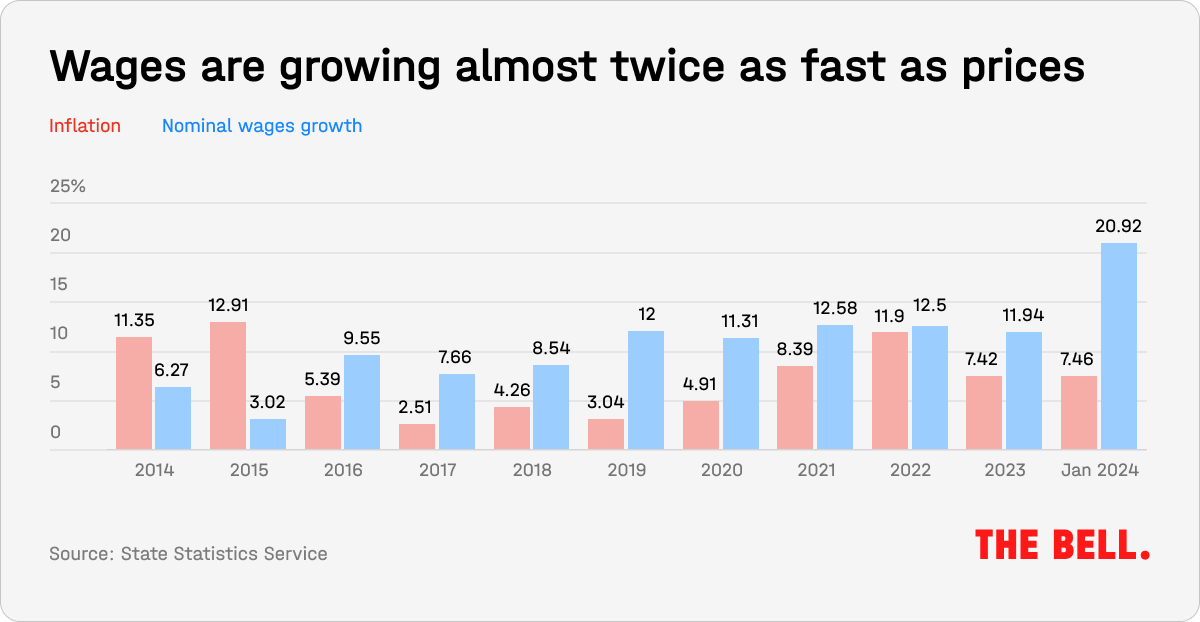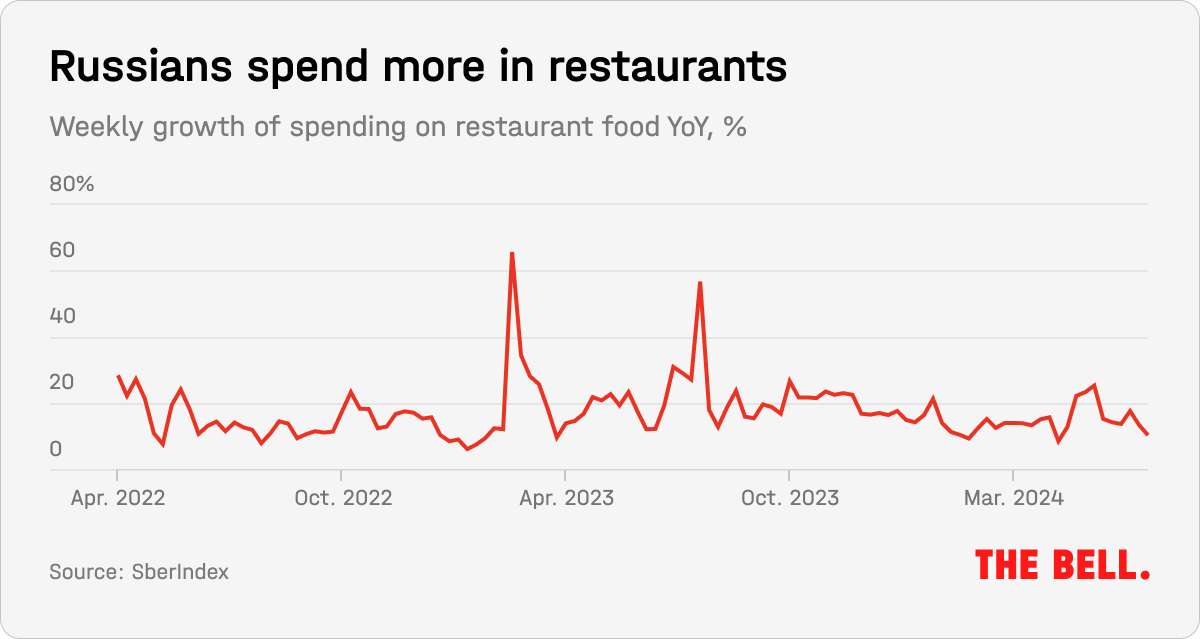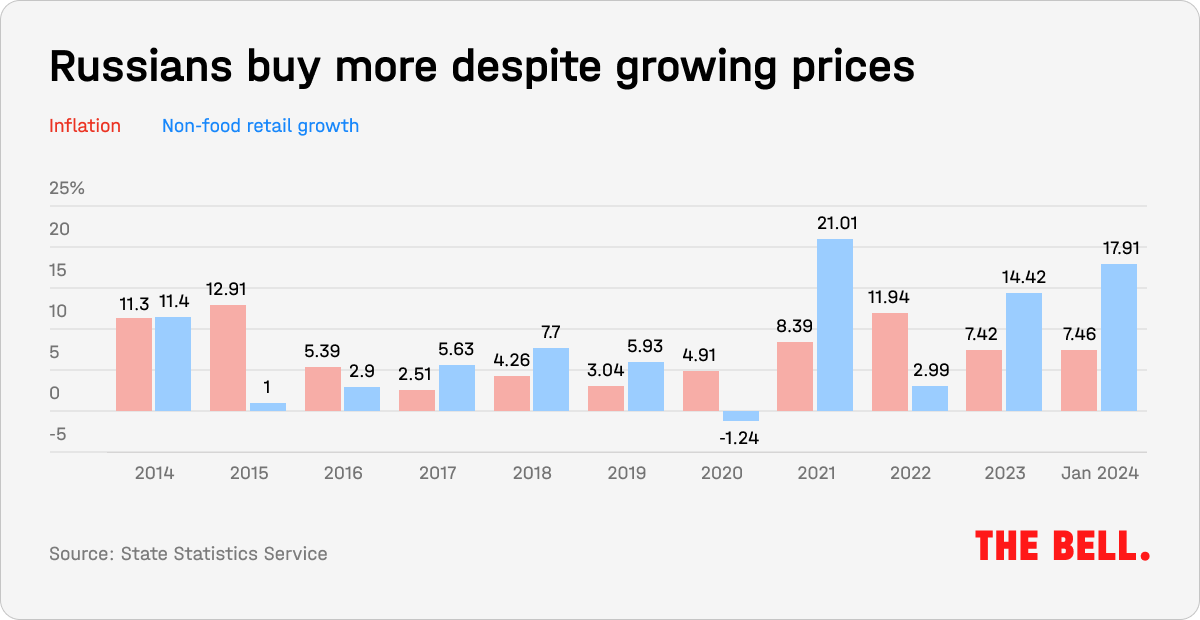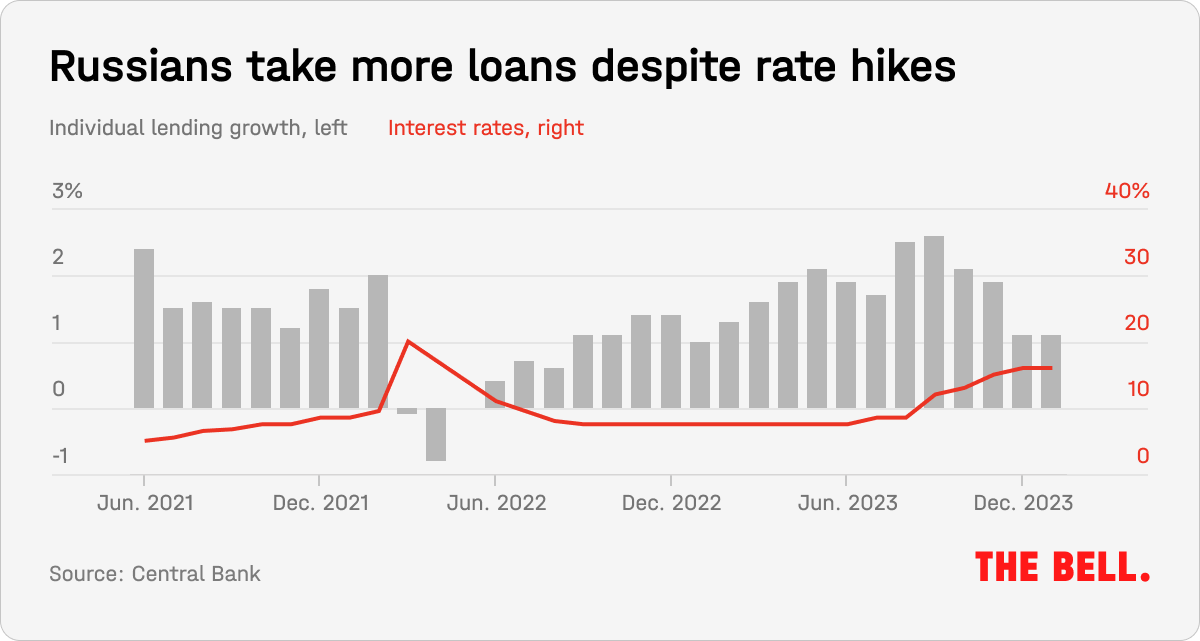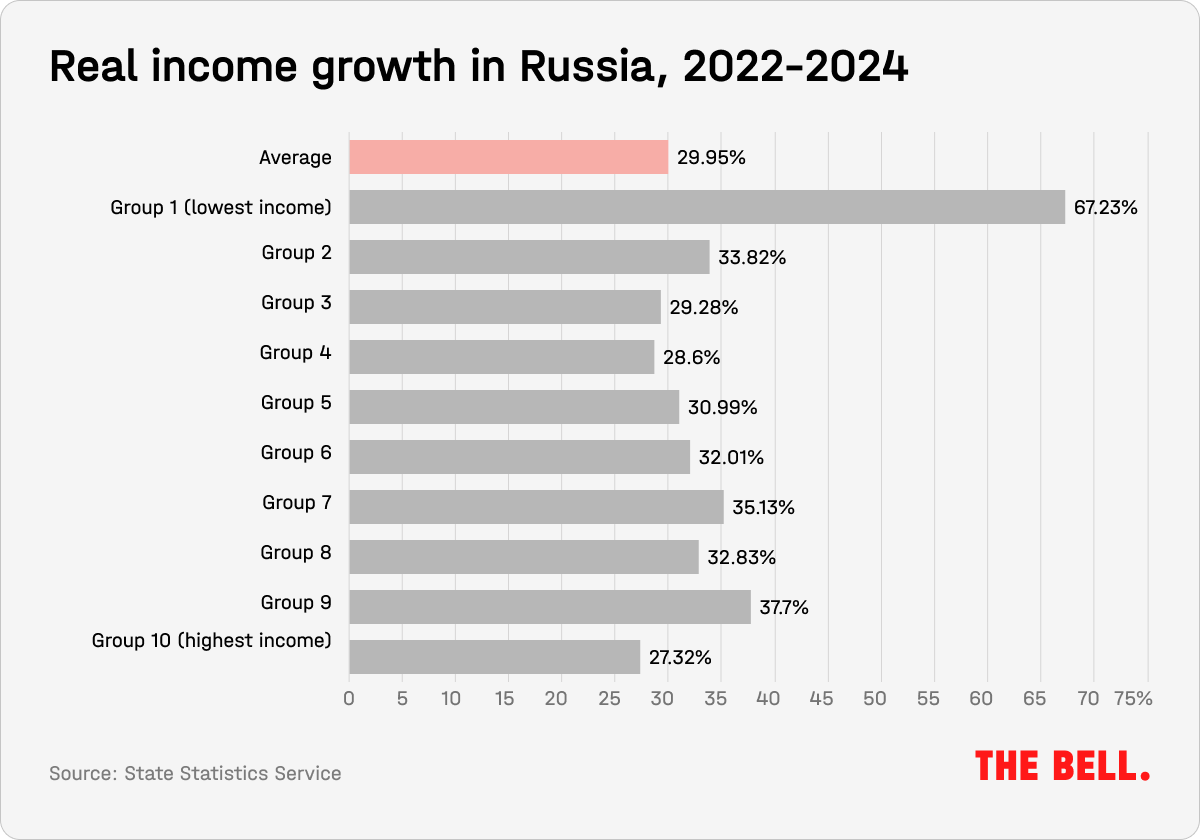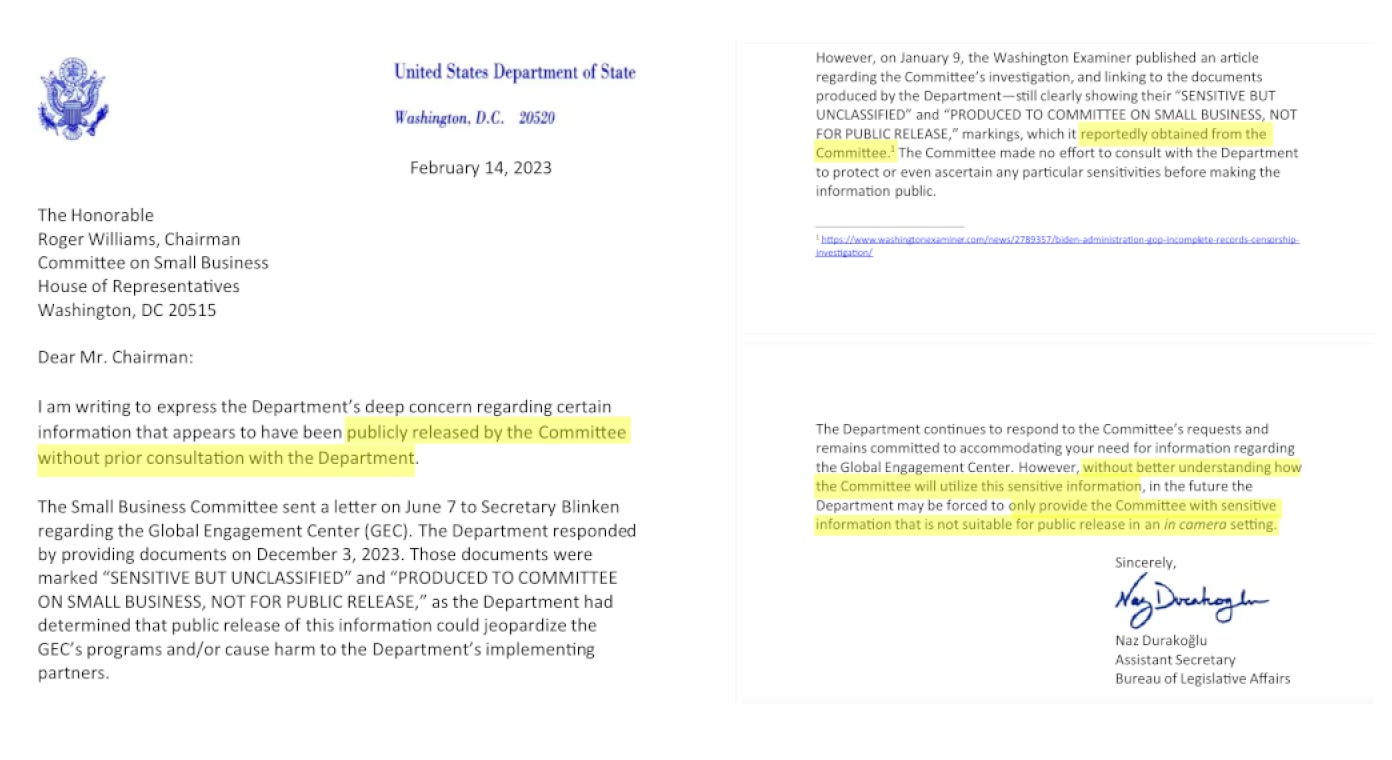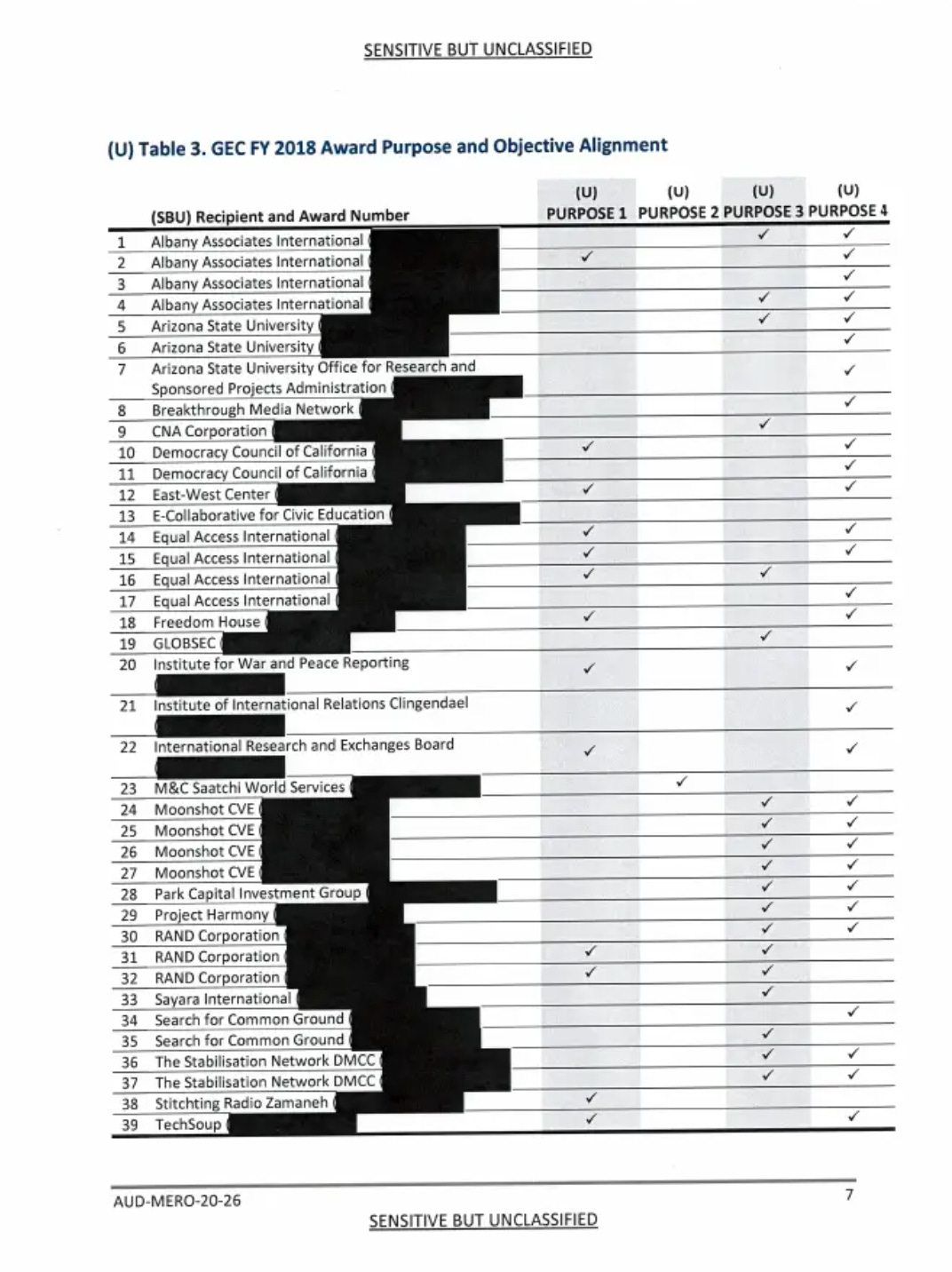Earlier today in Russia, a major terrorist attack took place at a concert hall outside of Moscow. The most up to date coverage from RT is citing 60 dead, however, I’m seeing it reported on Twitter that the number has reached 70 but I haven’t confirmed that yet. TASS News Agency is now reporting that 145 have been hospitalized including several children.
The attack seems to have been well coordinated and intended to inflict maximum death and destruction.
The latest reporting I could find is that Putin has been briefed on the attack but has not yet made any public statements.
RT reporting:
Russia suffered one of the worst terrorist attacks in its modern history on Friday. At least 40 people were killed and scores injured by a group of gunmen who stormed a large music venue just outside of Moscow.
Details are still emerging, but it appears that the attack was well prepared and designed to maximize casualties. Here is what is known so far.
A packed venue
The terrorists struck at Crocus City Hall, a concert venue located in Krasnogorsk, a settlement on the western outskirts of the Russian capital. It is part of a larger entertainment complex opened in 2009, which also includes a shopping mall and hotel.
The concert hall holds up to 7,500 people and was almost packed when the terrorists launched their assault. The popular rock band Picnic was set to perform.
Shooting spree
According to footage circulating online, some five gunmen took part in the shooting. They appeared to be carrying automatic firearms and had other military gear.
They reportedly killed the security guards – who were unarmed – at the main entrance to the venue, and blocked it before continuing their rampage inside.
Large blaze follows
Once the terrorists reached the concert hall, they reportedly set chairs inside on fire. The blaze spread across the building and reached the roof before firefighters could start combating it. Helicopters were seen pouring large quantities of water on the building following the attack.
Dozens killed
Russia’s Federal Security Service (FSB) has put the preliminary death toll in the attack at 40, adding that around 100 people have been injured.
At least 70 ambulances were dispatched to the scene to attend to the wounded, according to officials.
A list of wounded released by the Moscow Region Health Ministry has more than 140 entries, some of which are yet to be identified by name. Dozens of victims were said to be in serious condition.
Five people on the list are children as young as seven, while an 11-year-old girl is also listed.
Fate of the perpetrators
Russian law enforcement did not report any arrests in the wake of the shooting. Commando units were dispatched to the scene, but it was not immediately clear whether they confronted the gunmen inside.
Unconfirmed media reports said that several Crocus employees had been detained.
Dozens killed
Russia’s Federal Security Service (FSB) has put the preliminary death toll in the attack at 40, adding that around 100 people have been injured.
At least 70 ambulances were dispatched to the scene to attend to the wounded, according to officials.
A list of wounded released by the Moscow Region Health Ministry has more than 140 entries, some of which are yet to be identified by name. Dozens of victims were said to be in serious condition.
Five people on the list are children as young as seven, while an 11-year-old girl is also listed.
Fate of the perpetrators
Russian law enforcement did not report any arrests in the wake of the shooting. Commando units were dispatched to the scene, but it was not immediately clear whether they confronted the gunmen inside.
Unconfirmed media reports said that several Crocus employees had been detained.
READ MORE: US condemns Moscow terrorist attack
Identity of the terrorists
No terrorist group immediately claimed responsibility for the attack.
Senior Ukrainian official Mikhail Podoliak posted a video statement on social media shortly after the news broke. The aide to President Vladimir Zelensky distanced the Ukrainian government from the tragedy, claiming that Kiev does not resort to terrorism in its fight against Russia.
Reactions from abroad
International organizations and foreign governments, including those that Russia considers unfriendly, have condemned the terrorist attack.
White House White House National Security Communications Adviser John Kirby, who was giving a daily briefing shortly after the incident, called the images from the scene “hard to watch,” adding: “Our thoughts obviously are going to be with the victims of this terrible, terrible shooting attack.”
Security alerts in March
Earlier this month, the US issued a warning to its citizens in Russia, urging them to avoid public places and mass gatherings. The embassy claimed that “extremists” had imminent plans for an attack in Moscow. Several other embassies followed suit, issuing similar alerts.
Kirby stressed that Washington had “no advanced knowledge” of Friday’s shooting.
***
There is reporting that ISIS has claimed responsibility for the attacks. According to CNN:
ISIS has claimed responsibility for an attack at a popular concert venue complex near Moscow Friday that left at least 40 dead and more than 100 wounded after assailants stormed the venue with guns and incendiary devices.
The terror group took responsibility for the attack in a short statement published by ISIS-affiliated news agency Amaq on Telegram on Friday. The group did not provide evidence to support the claim.
Video footage from the site of the attack, the Crocus City Hall concert venue, shows the vast complex, which is home to both the music hall and a shopping center, on fire with smoke billowing into the air. State-run RIA Novosti reported the armed individuals “opened fire with automatic weapons” and “threw a grenade or an incendiary bomb, which started a fire.” They then “allegedly fled in a white Renault car,” the news agency said.
State media Russia 24 reported the roof on the venue has partially collapsed.
***
Judging from the commentary on Twitter, many are expressing skepticism at ISIS’s claim of responsibility as well as suspicion about the US government’s warning earlier in the month that extremists may attack Moscow. Let’s pray that neither Ukraine nor the US was behind this in any way. I understand that Putin is a long-term thinking and patient leader who tends to not let his opponents press him into unwise moves or relinquishing his own control of his responses. However, unlike other provocations, like the attack on Nordstream 2, I don’t think the Russian government would be able to let this one go for long.
Like this:
Like Loading...
